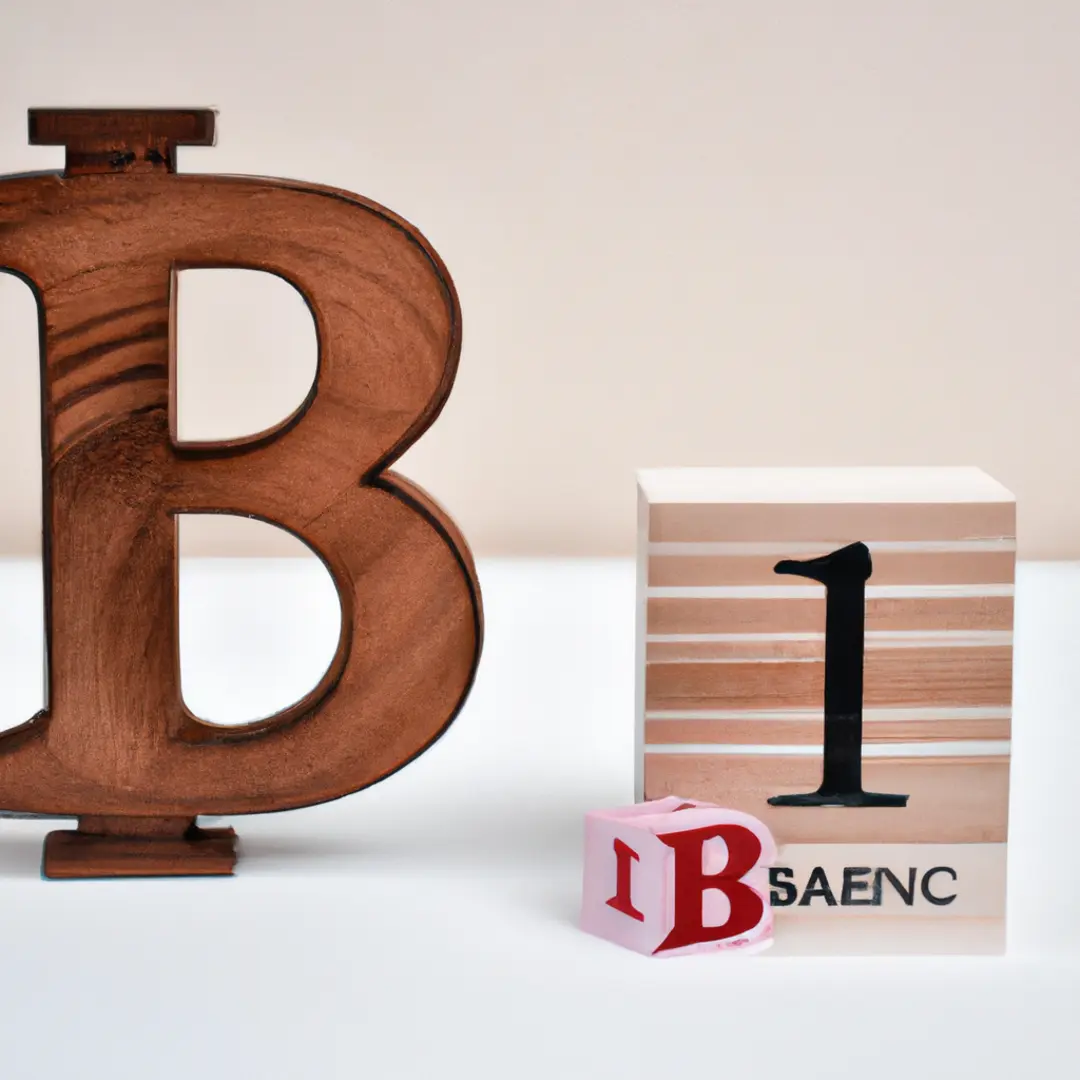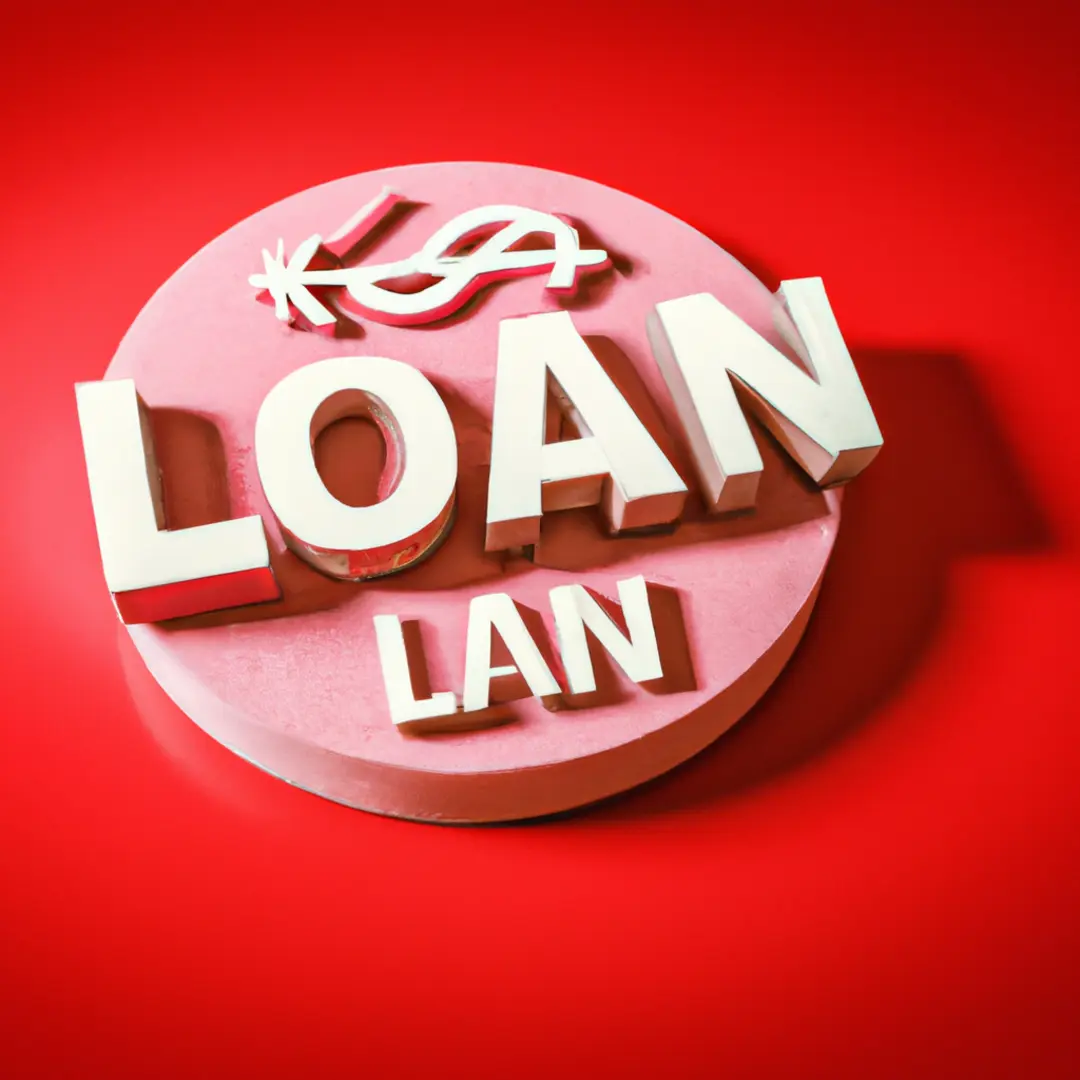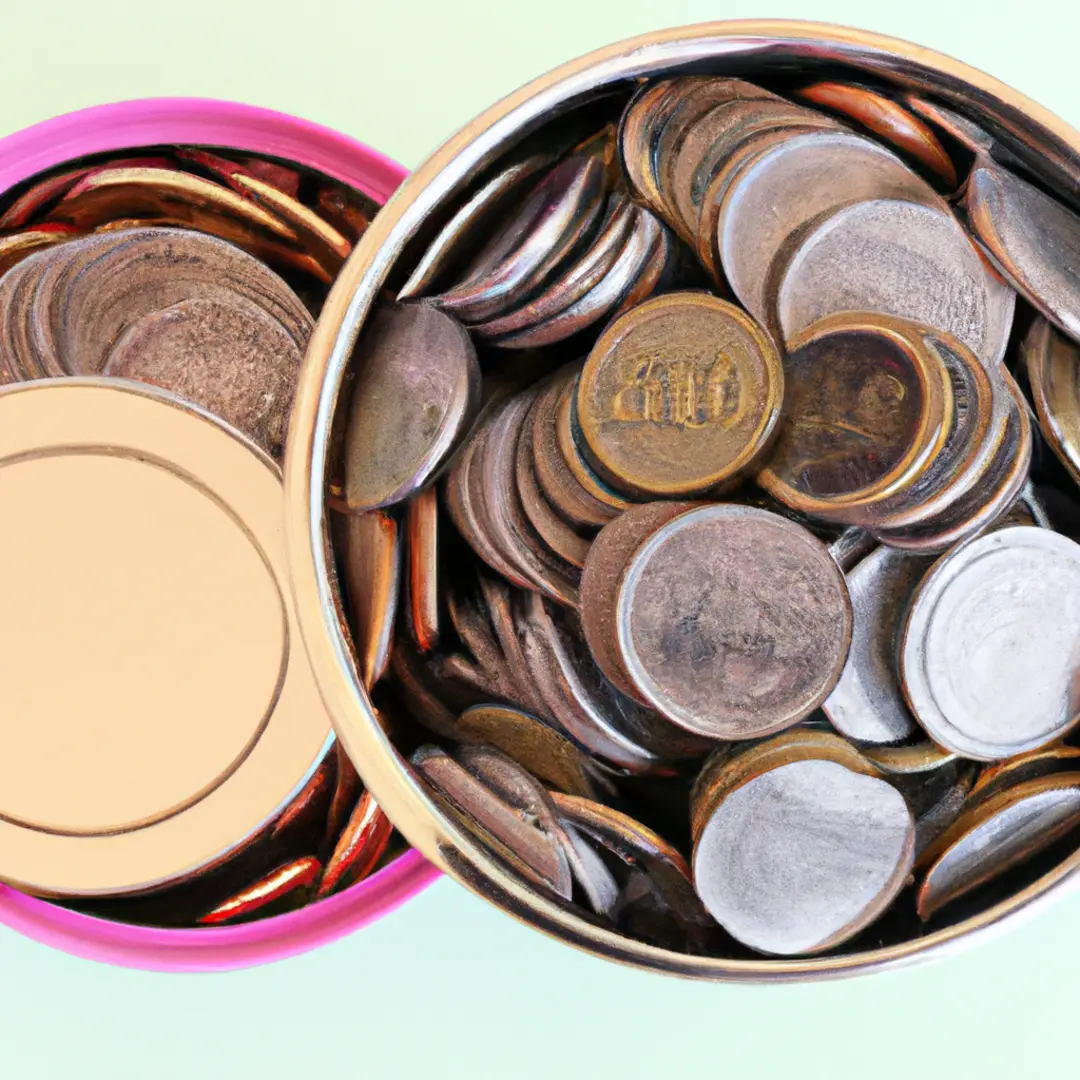Fixed-Rate Loan: Stable Interest on Borrowed Funds
Table of contents
- Fixed-Rate Loans Explained
- Understanding How Fixed-Rate Loans Work
- Pros of Opting for Fixed-Rate Loans
- Potential Disadvantages of Fixed-Rate Loans
- Deciphering Interest Rates
- Fixed-Rate Loans: The What and the Why
- Securing a Fixed-Rate Loan
- Applying for a Fixed-Rate Loan
- Effective Repayment Strategies
- Fixed-Rate Loans: Impact on Your Credit Score
- The Future is Fixed
- Parting Words
- Frequently Asked Questions about Fixed-Rate Loans
Fixed-Rate Loans Explained

Imagine a loan where the interest rate remains constant throughout the loan term, allowing you to precisely forecast your monthly payments. That’s exactly what a fixed-rate loan offers.
Fixed Interest Rates: A Look Back
Fixed interest rates aren’t new. They have roots in ancient civilizations and gained traction in the 20th century, presenting a shield against fluctuating economic situations.
Fixed-Rate vs Variable-Rate Loans
Unlike fixed-rate loans, variable-rate loans witness changes in interest rates subject to market conditions. While the former brings stability, the latter might offer lower starting rates.
Understanding How Fixed-Rate Loans Work

When you apply for a fixed-rate loan, your lender will set an interest rate based on your credit score, loan term, and current market rates. This interest rate stays the same for the loan duration.
The fixed-rate loan consists of your principal amount, the interest rate, the duration of the loan and additional charges if any. These components together form your total borrowing cost.
The exact monthly payment of a fixed-rate loan is determined using an amortization formula considering the loan amount, interest rate, and term. This ensures you pay a consistent amount each month.
Pros of Opting for Fixed-Rate Loans
With a fixed-rate loan, you know exactly how much needs to be paid each month leading to predictability and aiding financial planning.
Furthermore, this type of loan offers protection against inflation. Even if the price of goods increases, the fixed interest rate remains steady, injecting a sense of calmness into borrowers’ financial lives.
Unlike variable-rate loans, where rates can go up or down, the interest rate on fixed-rate loans always stays the same throughout the term.
Potential Disadvantages of Fixed-Rate Loans

Fixed-rate loans typically come with a slightly higher starting interest rate compared to variable-rate loans. They may also lack the flexibility that variable-rate loans provide if interest rates go down significantly.
If the market interest rates dip after you’ve secured a fixed-rate loan, you may end up paying more compared to borrowers with variable-rate loans.
Deciphering Interest Rates

Various factors influence interest rates, including inflation, central bank policies, supply and demand for credit, and economic conditions.
Economic indicators like GDP growth, unemployment, and inflation rates can hint at potential changes in fixed interest rates. As borrowers, it’s crucial to stay updated.
Fixed-Rate Loans: The What and the Why
Fixed-rate mortgages, personal loans, student loans, and auto loans are common variations of this loan type. Regardless of the variation, the theme remains the same; the borrower enjoys peace of mind knowing their interest rate will remain constant, resulting in consistent monthly payments.
Securing a Fixed-Rate Loan
When deciding on a fixed-rate loan, it’s essential to assess your economic situation and long-term goals. Understanding your risk appetite and shopping around for the best rates are equally important steps.
Applying for a Fixed-Rate Loan

To apply for a fixed-rate loan, one usually needs to provide documentation like proof of income, identification, bank statements, and credit history. Besides, the role of down payments in influencing loan terms cannot be underestimated.
Effective Repayment Strategies
Understanding the breakdown of loan payments and exploring prepayment or extra payment options can be effective strategies. If advantageous, refinancing the loan might prove beneficial.
Fixed-Rate Loans: Impact on Your Credit Score

Loan repayment information supplied by lenders to credit bureaus can affect credit scores. Timely payments can improve credit scores, whilst late payments can cause a dip.
The Future is Fixed

Technological advancements are reshaping the way fixed-rate loans are managed, and they continue to make things more efficient and hassle-free. Understanding these emerging trends can equip borrowers for the future.
Parting Words

Fixed-rate loans are known for stability and predictable payments but may also come with higher initial rates. Assessing your requirements and weighing the pros and cons will help you make an informed decision.
Frequently Asked Questions about Fixed-Rate Loans

Question: Can I switch from a variable-rate to a fixed-rate loan? Answer: Yes, it may be possible to refinance your existing variable-rate loan to a fixed-rate loan based on the terms and conditions of your current agreement.
Question: What happens if I repay a fixed-rate loan early? Answer: Early repayment is generally an option, but certain lenders may impose prepayment penalties.
Question: Is refinancing always a good idea for fixed-rate loans? Answer: Refinancing can be beneficial if it results in a lower interest rate or improved loan terms. However, bear in mind the costs and potential savings before making a decision.



